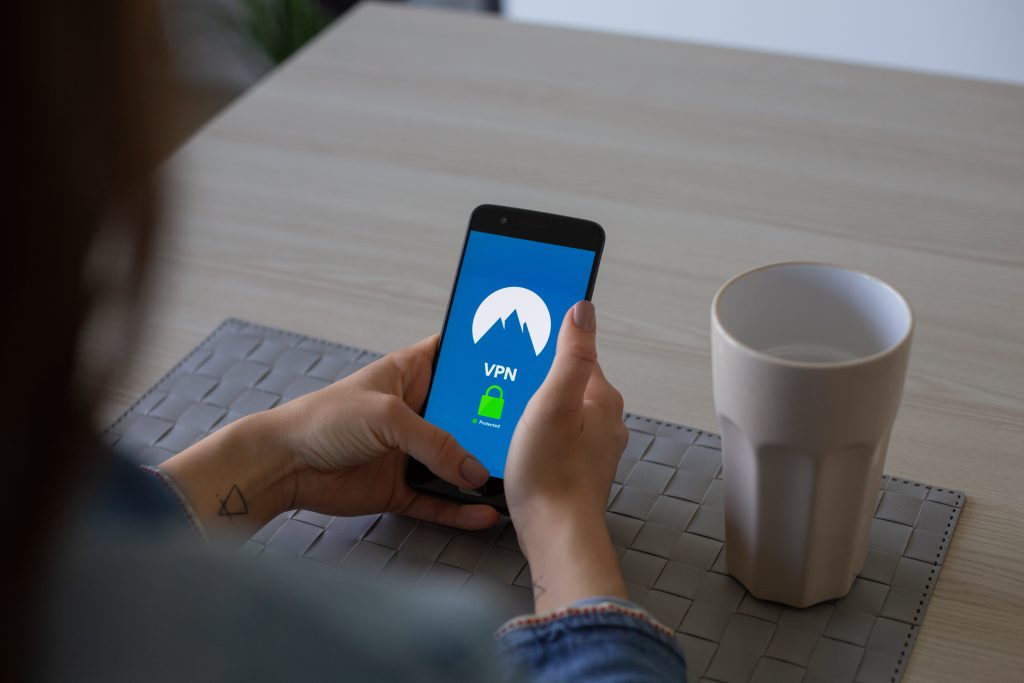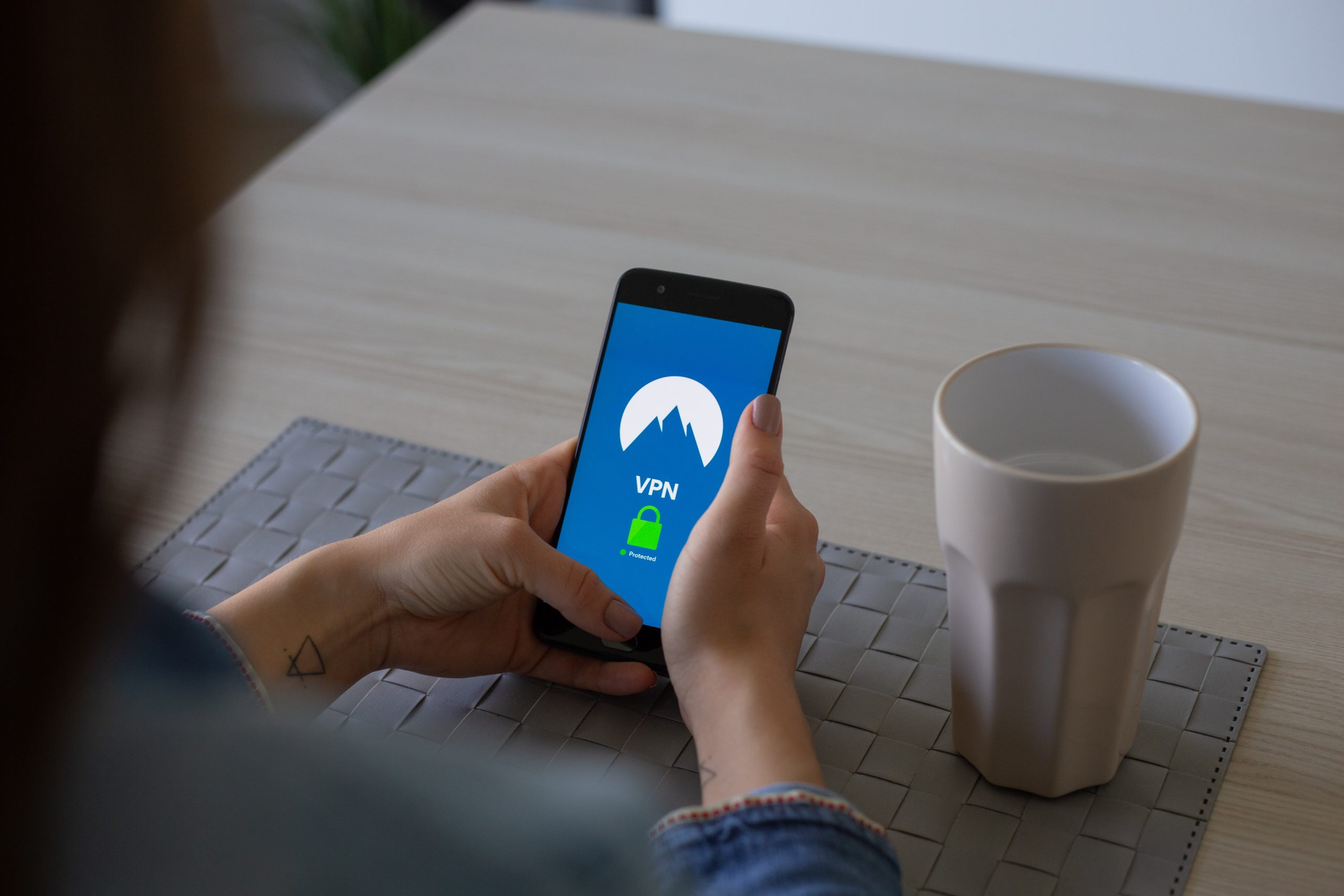How To Use VPN for Enhancing Internet Privacy

Online freedom has never been so easy as it is today, with free public WiFi available almost anywhere you go, allowing one to stay connected and in touch, just as you would from home. These hotspots have become so popular that people connect with them without thinking twice. Though this may look harmless, the fact is that there are inherent risks in logging into a public WiFi network as their security is practically non-existent and vulnerable to strangers using the same network.
To avoid exposing your private information on such unsecured networks it is important to have access to online privacy. A VPN, or a virtual private network, is a must to mask your internet details, as it converts the public internet connection into a private one.
Importantly, not only does a VPN service ensure a secure connection, it actually provides enhanced privacy than even a safe WiFi hotspot. The anonymity that a VPN provides helps safeguarding all your online activities and even keeps the process of web browsing hidden from others.
Ensure you check all top VPN providers and read their reviews before choosing the best and most secure option. For example, I was totally sold after reading the Surfshark VPN review the other day.
Here are a few guidelines to follow for securing your network by using the benefits of a VPN.
Your phone number and email address should always be kept private
Always consider having a disposable email address and even a different SIM card for online shopping and sharing information with random persons on the social network.
Choose end to end encryption while messaging
Modern messaging apps use encryption which can be decrypted and accessed by hackers. By using an app which provides end to end encryption like, say WhatApp, the messaging service provider cannot view your conversations. Remember, to enable it on Facebook, Google etc you have to do it manually by starting a secret chat.
Use strong passwords
While creating and memorizing a unique password may be difficult, having a weak password is as good as presenting your personal information to every Tom, Dick and Harry on a platter. By using the services of a password manager, you can easily remember one master password easily. Use long passwords everywhere, preferably 12 characters and more, and a different one for each service.
Secure the computer and phone with passcodes
Our personal devices store a lot of private information which needs to be hidden from others. Passcodes, simple and uncomplicated, can be inserted to avoid random people from fiddling with your mobile or laptops. Pins and pattern locks and devices which support biometric verification are generally safe to install.
Disable lock screen notifications
It is important to set up notifications properly by not leaving them on a locked screen to prevent a passerby to snoop into your business. Notifications can include OTP’s, alerts and other sensitive information. Unfortunately on an Android phone there is no single center for disabling them, so they will have to be disabled manually.
Evade tracking
When you surf on the internet, your browser reveals a lot of information about you and your surfing history. This in turn can be used by marketers to target you with troublesome ads by using your profile. You will need special tools, like Kaspersky Internet Security for this, as even incognito mode cannot prevent such tracking.
In conclusion, VPN’s are a source of overall security, anonymity, better performance and remote access. Not only do they provide seamless protection, but there are also various plans on offer to match your comfort level. While antivirus software may protect the device, only a VPN can hide your personal information from hackers while accessing local networks. If you must connect with a public hotspot, using a secure VPN connection is the only way out.


